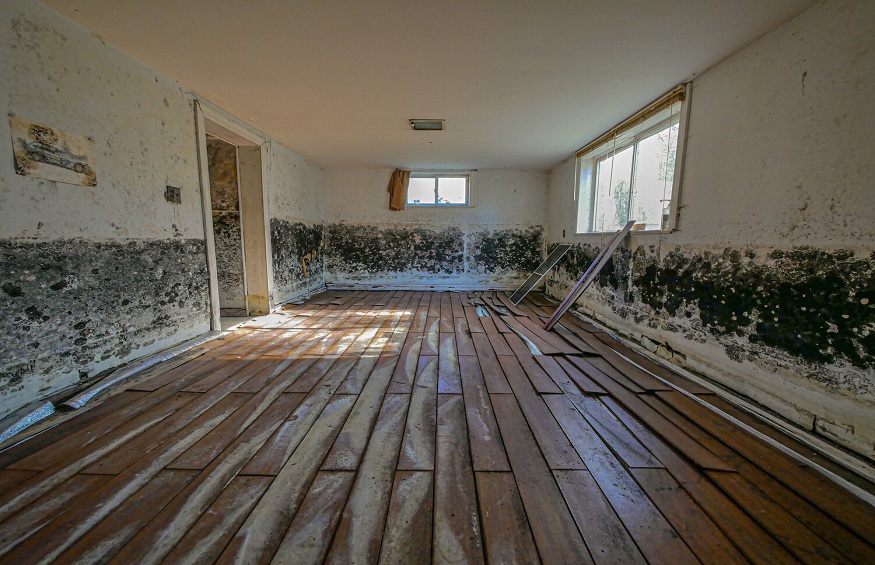This is any renovation or repair work done on a property following a casualty event or as a face-lift to an old or degraded building. This means the building is refurbished to its former state. For older and degraded buildings, this may entail; repairing holes in walls, repairing old fixtures, removing old carpets, and refinishing old walls. A casualty event occurs when the event against which insurance is taken out occurs when triggered by a hazard. Hazards that can trigger casualty events include; fire, water, mold, or storms.
Whenever you need to renovate your home, Tobin Restoration will work with you to make the whole process less daunting. Our team works with you to come up with the most cost-efficient ways to implement the project and ensure your home gets a face-lift or revamp to its previous glory. We will explore the steps involved in restoring your premises.
STEPS IN RESTORATION
Whether your contract works are to revamp an old and degraded building or as a restoration measure from casualty events, there are several steps you can follow to ensure the overall success of your project.
1. Cost-estimation – This ensures you have budgeted enough resources for the project. In cases where insurance is involved in the compensation, an estimator submits a repair estimate to the insurance adjuster for approval to commence claim processing. Insurance usually pays the amount sufficient to return the damaged property to its original conditions. In cases where you are revamping an old and degraded building, a budget highlights the scope of works that can be carried out.
2. Scheduling repairs – Some aspects to take into consideration include time, project scope, and customization options. This entails deciding where to start and prioritizing the specific areas requiring attention. Working with a contractor at this step is important to ensure they factor in all your requirements.
3. Contract works – This is where the rubber meets the road as the assigned contractor engages in work to restore the property to its initial state. The contract should define the scope of work to be performed and most importantly the time to ensure you get back to your quality of life as soon as possible. The selection of the right contractor is important to ensure the project is delivered on time and within budget.
4. Project handover – If insurance was paying for the repair cost, the estimator will review the completed works and send the report to the adjuster. This helps ascertain that contract works were completed to the company’s and your satisfaction before handover is done. For a property that was undergoing a facelift, this step is important to ensure fixtures, fittings, wiring, painting, and other works were done as per agreed standards for the building tune-up to be successful.
CONCLUSION
Whether carrying out repair works caused by the occurrence of an insured hazard or sprucing an old and degraded building, the choice of contractor plays a big part in ensuring the success of the project. This also eliminates; stress, annoyance, and inconvenience that can be associated with the process.

